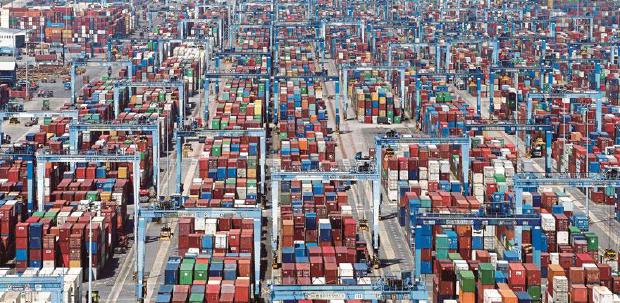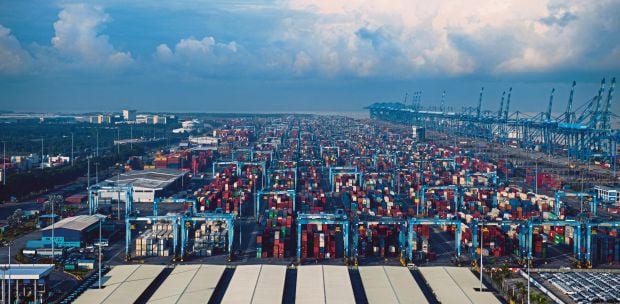KUALA LUMPUR: The new RM6 billion Dana Pemacu and the RM100 million Greening Halal Businesses fund will help boost Malaysia's economy, said economists.
The significant investment via the funds was a step in the right direction to stimulate research and development activities and would elevate the country into a higher value-added economy, they added.
National Council of Professors fellow Dr Azmi Hassan said the main goal of Dana Pemacu was to stimulate the nation's economic growth and, hence, its focus on crucial sectors such as food security, education, healthcare and energy transition.
"These areas align with the broader Madani Economy framework. In addition to this primary goal, there are also several secondary objectives.
"One is to develop local talent, particularly in the financial sector, through collaboration between local and international expertise," said Azmi.
"Another secondary objective is to generate additional funds for the government as the Retirement Fund Inc (KWAP) contributes to the government and is responsible for ensuring adequate pension funds."
UniKL Business School economic analyst Assoc Prof Aimi Zulhazmi Abdul Rashid said "green" and halal were priority industries to the government.
"Malaysia has the resources and capabilities to become a significant global player (in these areas). However, a lack of funding has hampered the growth of these industries," he added.
Putra Business School lecturer Assoc Prof Dr Ahmed Razman Abd Latiff said the introduction of the pilot programme and the injection of funds were essential to generate interest among businesses and the investor community.
"Once it has proven to be a success, it will uplift the quality of life of the people. Therefore, it is very important to ensure the sustainability of such initiatives by providing the right infrastructures and resources, including continuous government support via policies and initiatives," Ahmed Razman added.
Bank Muamalat Malaysia Bhd chief economist Mohd Afzanizam Abdul Rashid said the Greening Halal Business pilot programme underscored the importance for halal business operators to align with global sustainable and environment-friendly practices.
"Such transition would certainly require capital expenditure and technical know-how. This is where the pilot projects can fill the void."
He added that the Greening Halal Businesses initiative reinforced the concept of "Halalan Toyyiban", aligning it with international practices such as environmental, social, and governance standards.
" In fact, 'Halalan Toyyiban' means it is very clean from all aspects. It is very comprehensive as it will look into the whole process of production," he added.





